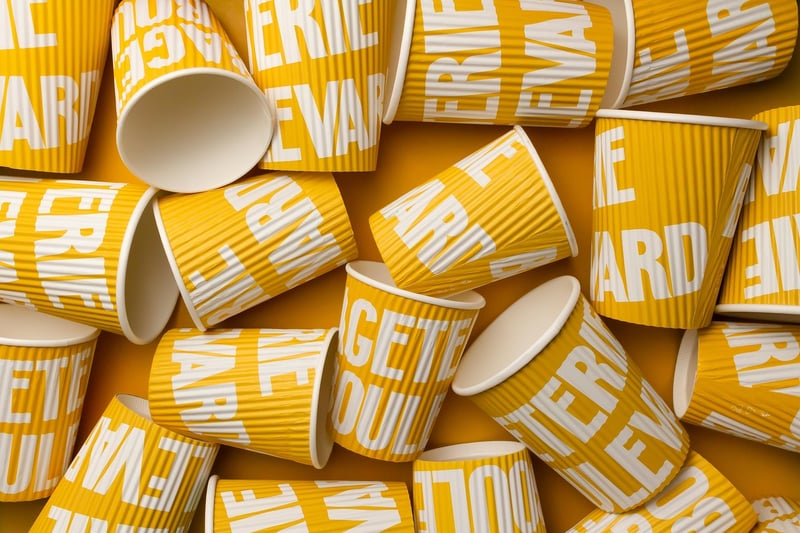Eco-Friendly Practices
Enhance Your Upcycling Skills + Eco-Friendly Practices
Are you looking to be more environmentally conscious while exploring your creative side? Upcycling is a fantastic way to reduce waste and give new life to old items. By incorporating eco-friendly practices into your daily routine, you can make a positive impact on the planet. Let's dive into some tips and tricks to enhance your upcycling skills and embrace a more sustainable lifestyle.
The Art of Upcycling
Upcycling is the process of transforming discarded or unused objects into something of higher quality and environmental value. It's a creative way to repurpose items that would otherwise end up in landfills. From old furniture to glass jars, almost anything can be upcycled with a little imagination.
Benefits of Upcycling:
- Reduces waste and landfill burden
- Conserves resources by giving new life to old items
- Promotes creativity and DIY skills
- Helps in creating unique and personalized items
- Supports a more sustainable lifestyle
Tips for Upcycling Success
Whether you're a seasoned upcycler or just starting, these tips will help you hone your skills and create beautiful, functional pieces:
- Start small and choose projects that align with your interests and skill level.
- Get inspired by browsing online platforms like Pinterest or Instagram for upcycling ideas.
- Invest in quality upcycling tools like sandpaper, paint, and glue to ensure a professional finish.
- Visit thrift stores, garage sales, or online marketplaces to find items with upcycling potential.
- Experiment with different techniques such as decoupage, painting, or furniture restoration.
Embracing Eco-Friendly Practices
Alongside upcycling, incorporating eco-friendly practices into your daily life can have a significant impact on the environment. Here are some simple yet effective ways to be more sustainable:
- Reduce single-use plastics by opting for reusable bags, bottles, and containers.
- Conserve energy by turning off lights and unplugging electronics when not in use.
- Support local farmers markets and buy organic, locally sourced produce.
- Compost food waste to reduce methane emissions from landfills.
- Choose eco-friendly cleaning products to minimize chemical pollution.
Let's Get Started!
Now that you're equipped with tips for upcycling and eco-friendly practices, it's time to put them into action. Get creative, have fun, and make a positive impact on the planet through your sustainable choices. Start your upcycling journey today and join the movement towards a greener, cleaner future!

Image source: Pixabay
